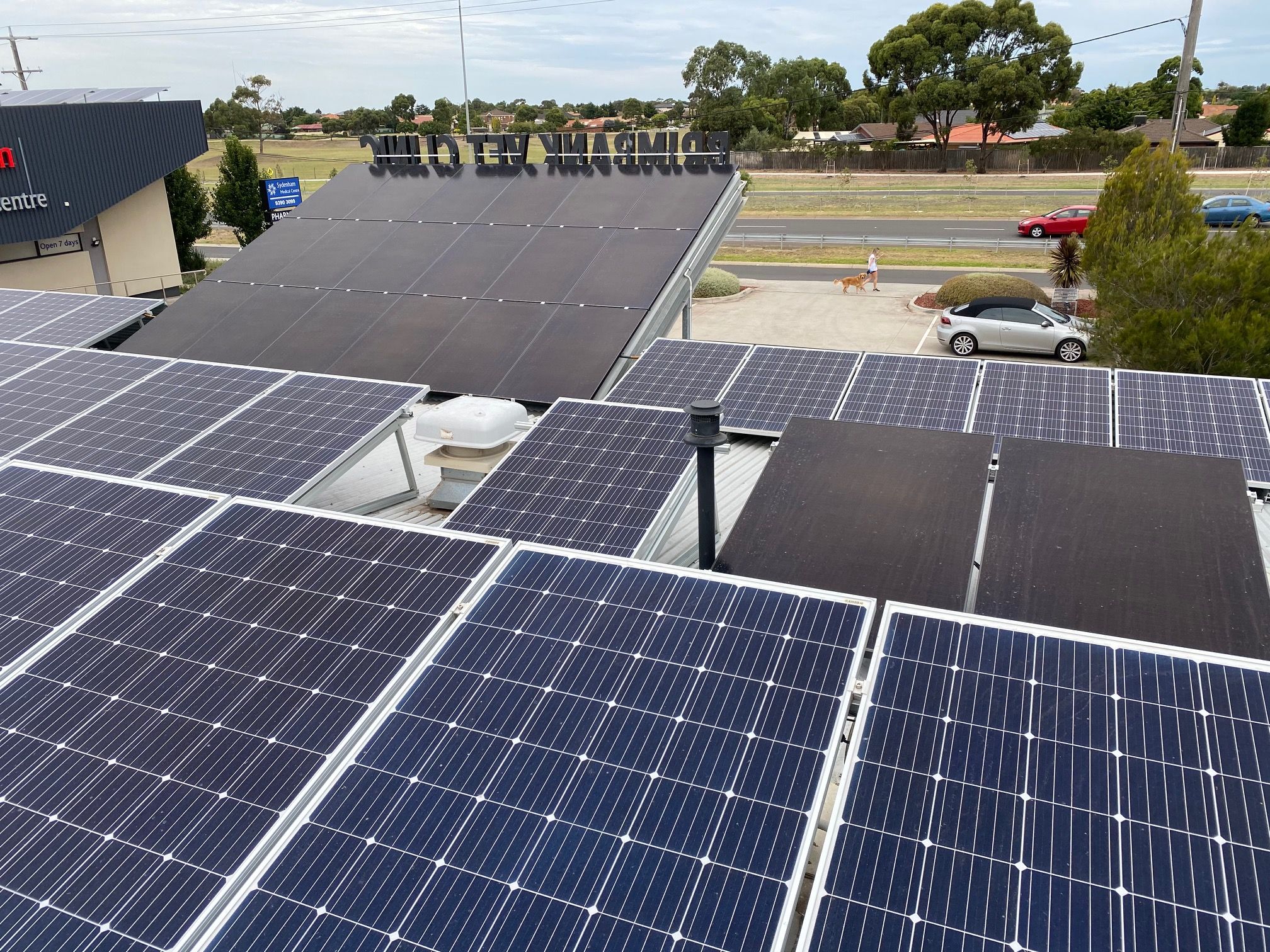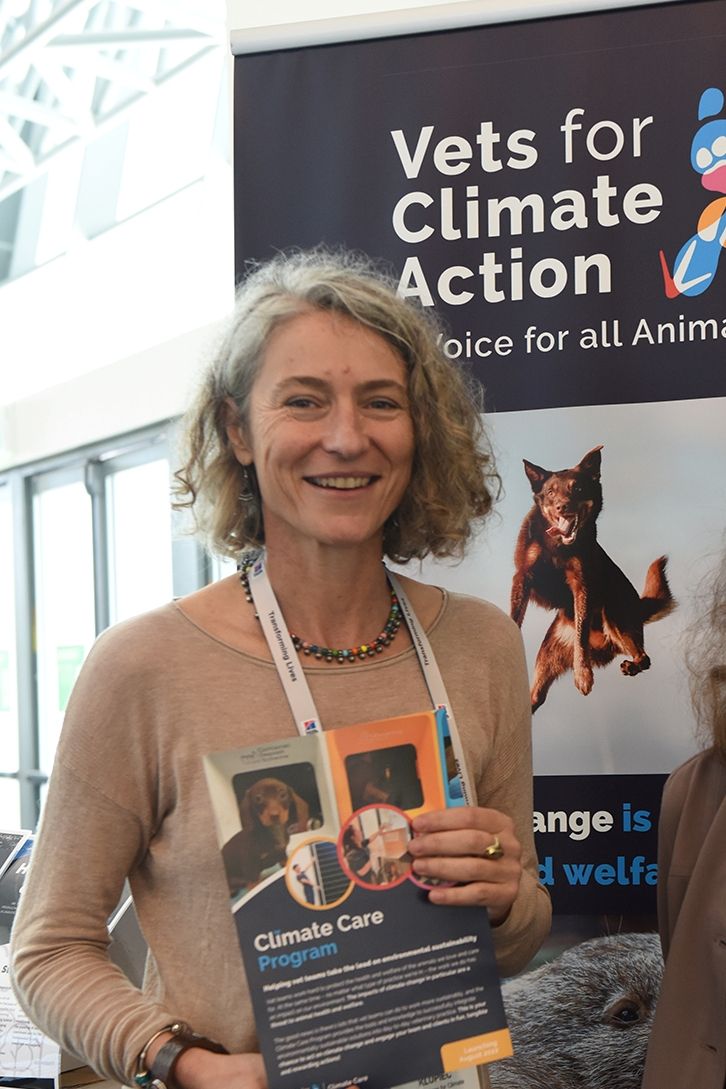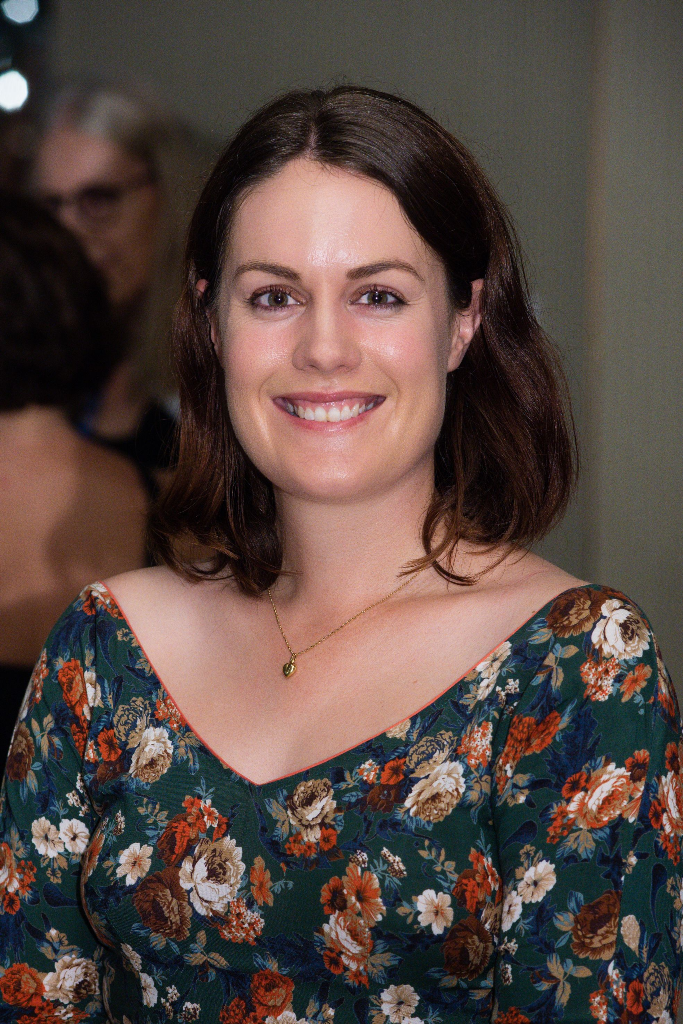Veterinary scene Down Under: Climate Care Program to be launched, plus new AVA president and more
dvm360®’s Australian correspondent provides updates on the Climate Care Program looking to integrate environmentally sustainable solutions into daily veterinary practice, and meet the new, youngest-ever AVA president
Climate Care Program by Vets for Climate Action
Later this year, Vets for Climate Action (VfCA) will launch its Climate Care Program1 to empower Australian veterinary teams to take the lead on environmental sustainability and help bring a halt to climate change. By providing the tools and knowledge to successfully integrate sustainability solutions into day-to-day veterinary practice, the program aims to reduce the environmental impact and improve the welfare of animals cared for.
The first-of-its-kind Climate Care Program is currently undergoing preliminary launch trials in several veterinary practices. The program was developed with input from a collaborative team of veterinarians, veterinary nurses, sustainability engineers, and specialist tertiary educators. The content of the program is based on universal principles around sustainable practice and climate change mitigation with solutions referencing local services within Australia.
“The Climate Care Program empowers a 'Climate Champion' in each veterinary clinic to work with their team to implement changes that improve environmental sustainability in their practice. The online program consists of 6 modules addressing efficient water use, recycling and minimizing landfill, energy efficiency, renewable energy, procurement, and chemicals—including anesthetic gases, toxins and pharmaceuticals,” explained Jeremy Watson, BVSc, a volunteer with VfCA’s Climate Care Program team.
Solar panels installed on the roof of Brimbank Vet Clinic (Photo courtesy of Vets for Climate Action).

Watson is a partner at Brimbank Veterinary Clinic in the state of Victoria, the first veterinary practice in Australia to be certified carbon neutral in the Climate Active program, an initiative of the Australian government.2 This came after the clinic was rebuilt in 2011 incorporating the latest environmental design features—including a large rooftop solar power system which has enabled the business to reduce their energy bills by over 70%.
“I have had a long interest in sustainable design and practice. I joined VfCA to help amplify the role veterinary teams can play in motivating the vet community to take urgent action on climate change. From more intense bushfires that kill iconic wildlife, to increased temperatures that lead to heat stress in beloved pets, to changes in weather patterns that affect livestock—the veterinary community across Australia is on the frontlines of climate change impacts,” said Watson.
“As vets we have scientific training and it’s important that we help to explain the science of climate change and how it impacts animal health. The public looks to us to provide information on animal health and climate health is part of this. We have a broad reach into the community through the animal owning public and have the opportunity to encourage them to help address climate change.”
Dr Corinna Klupiec, Climate Care Program product development manager (Photo courtesy of Vets for Climate Action).

There are multiple ways in which veterinary practices can benefit from involvement in VfCA’s Climate Care Program, including improved profitability through finding easy ways to add value and cut costs, explained VfCA’s Climate Care Program product development manager Corinna Klupiec, BVSc, PhD, to dvm360®.
“Further benefits include increased loyalty from your clients by demonstrating your clinic’s commitment to social responsibility, together with building team knowledge and motivation as you work together on projects that improve the environmental sustainability of your practice,” said Klupiec.
“Like the human health care sector, the veterinary profession uses a lot of energy and chemicals, and generates a lot of waste. But there is plenty that veterinary teams can do to work more sustainably, and the Climate Care Program provides easy, achievable steps that will contribute to vet teams reducing their environmental impact and improving the welfare of the animals they care for.”
New Australian Veterinary Association president
New AVA president, Dr Bronwyn Orr (Photo courtesy of Australian Veterinary Association).

The Australian Veterinary Association (AVA) has elected their youngest-ever president,3 Bronwyn Orr, PhD, MSc, a 2013 veterinary graduate of James Cook University in Queensland. She succeeds Warwick Vale who had served 2 terms as AVA president.
Primarily a government veterinarian who also works in emergency clinical veterinary practice, Orr has expertise in animal welfare, and spent the last few years working on farm animal welfare policy for the Australian government while also completing a PhD on the zoonotic disease Brucellosis in dogs.
“It's my privilege to serve the AVA Board and members as president. I'm passionate about the profession and thrilled to be able to wake up every day and work on issues important to veterinarians. Any vet has the ability to make a significant difference to our profession, and I would encourage those interested in giving back to get involved,” said Orr to dvm360®.
At a time when the veterinary profession in Australia is navigating various workforce challenges, Orr is keen to strengthen relationships and support veterinarians, including through the AVA’s recently announced THRIVE veterinary wellness initiative.4
“I will be helping to focus our strategy around advocacy and ensuring we build long-term relationships within government, industry and related organizations. These relationships can really pay off when we want to lobby for a new initiative or ensure veterinarians are present in the room during key decisions,” explained Orr. “I'll also be focusing on improving transparency, diversity and inclusion in the AVA. In conjunction to these personal goals, l will ensure big picture items like the THRIVE initiative to improve veterinary wellness and workforce sustainability, continue to gain momentum.”
The AVA’s THRIVE initiative involves increased resourcing within the association to form a steering committee and develop an industry-specific mental health framework and suicide prevention strategy.
“The veterinary profession is invaluable to the Australian community, and the AVA will continue to promote veterinarians at all levels—to the public, to the various layers of government and to industry partners.”
“We know veterinary staff are under immense pressure at the moment, which is why we will have a public awareness campaign about the value of veterinarians launching later in the year, and why building strategic relationships with policymakers is so crucial to ensure we achieve our big picture items,” said Orr.
References
- Introducing the Climate Care Program. Vets for Climate Action. Accessed June 23, 2022. https://www.vfca.org.au/climatecare
- Brimbank Vet – Certified Carbon Neutral. Vets for Climate Action. March 3, 2022. Accessed June 23, 2022. https://www.vfca.org.au/certified_carbon_neutral_vet
- Incoming AVA president and vice president announced. Australian Veterinary Association. May 27, 2022. Accessed June 23, 2022. https://www.ava.com.au/member-updates/Newsletter/dr-bronwyn-orr-announced-as-ava-president
- AVA launches new wellness initiative, THRIVE. Australian Veterinary Association. May 23, 2022. Accessed June 23, 2022. https://www.ava.com.au/news/ava-launches-thrive